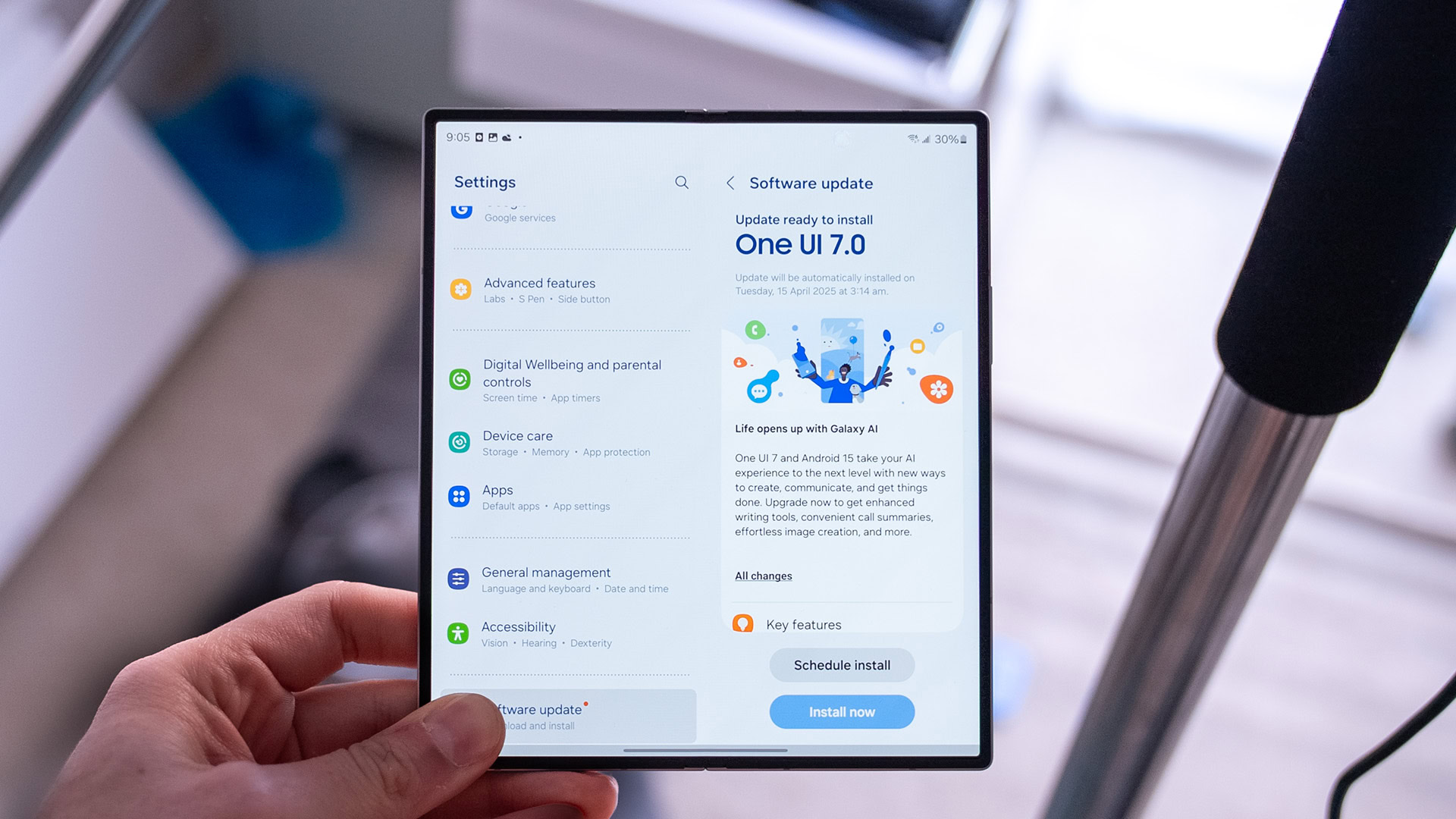What is Roulette Software & How It Works?
Roulette software brings the thrill of the classic casino game to digital platforms, allowing users to play from anywhere. It works through advanced algorithms, primarily powered by random number generators (RNG).

Roulette has been one of the most iconic casino games, symbolizing the thrill of chance and fortune. With the advent of digital technology, this game has been transformed from physical casino tables to virtual platforms. Roulette software plays a pivotal role in bringing this classic game to online environments, allowing users to experience the excitement from the comfort of their homes.
In this blog, we will dive into what roulette software is, how it works, and how it has become an essential part of the online gambling industry.
What is Roulette Software?
Roulette software refers to the digital application or platform that allows players to play roulette games online. It is a comprehensive solution that replicates the actual roulette experience through advanced algorithms, appealing graphics, and real-time interactivity. Whether you're accessing roulette from a desktop or mobile device, online roulette software ensures that you experience the same excitement as you would in a traditional casino.
These software programs are built by software developers who specialize in gaming algorithms, graphics, and user interfaces. The software operates using random number generators (RNG) to simulate the spin of the wheel and the eventual landing of the ball, ensuring fairness and randomness in every round.
There are two primary types of roulette software:
- RNG-Based Roulette Software: This type of software is powered by RNGs, making every spin of the wheel completely random and unbiased.
- Live Dealer Roulette Software: This is more interactive and involves real human dealers spinning a physical roulette wheel in real-time, streamed live to players' devices.
The Importance of Fair Play and RNG
At the heart of any successful roulette game software lies the RNG system. RNG (Random Number Generator) is an algorithm designed to generate a sequence of numbers or symbols that cannot be predicted. In the context of roulette, the RNG determines where the ball lands on the virtual wheel.
The integrity of the online roulette software depends on the fairness of this algorithm. This is why reputable software providers undergo regular audits by independent agencies to ensure that their RNG systems are truly random. These audits are crucial for maintaining player trust, as they confirm that no external factors or biases influence the outcome of any game.
When you spin the wheel on roulette game software, you are essentially triggering the RNG to produce a result that corresponds to one of the slots on the wheel. The process is instantaneous, and the result is displayed on your screen, mimicking the mechanics of a physical wheel.
How Roulette Software Works
To better understand how roulette game software works, let's break it down step by step.
-
User Interface (UI) and Graphics: The first thing players notice when interacting with roulette software is the user interface. This includes the design of the wheel, the table layout, and other visual elements that enhance the user experience. The graphics are created to mimic the real-life version of the game as closely as possible. Advanced software even provides options to switch between 2D and 3D modes, making the experience more immersive.
-
Gameplay Mechanics: When a player places a bet, the software registers the bet on the virtual roulette table. In RNG-based roulette software, after the player clicks "spin," the software’s RNG immediately generates a random outcome. The number produced by the RNG correlates with a specific spot on the wheel, and the software displays the ball landing on that spot. The result is then cross-referenced with the player's bet, and winnings or losses are calculated accordingly.
In live dealer roulette software, however, the spinning of the wheel is not controlled by RNG. Instead, the outcome depends on the physical spin of the wheel by a live dealer, which is streamed via video to the player. The software ensures that bets are placed correctly and that payouts are accurate, but the outcome itself is dictated by the physical elements in the live casino.
-
Multiplayer Support: Many online roulette software solutions offer multiplayer modes, allowing users to play against others. These modes create a social aspect to the game, similar to what you’d experience at a physical roulette table. The software manages multiple users' actions simultaneously, ensuring that bets are placed and calculated in real-time, all while maintaining the fairness of the game.
-
Betting Systems: Various roulette game software platforms offer different betting systems, allowing users to place a wide range of bets just like in a real casino. These include inside bets (specific numbers) and outside bets (groups of numbers, such as odd/even or red/black). The software automatically manages these bets, providing players with a seamless and intuitive betting experience.
-
Banking and Security: Roulette game software integrates with secure payment systems to allow players to deposit funds and withdraw winnings. Reputable online roulette platforms use encryption technologies to protect players’ financial and personal information. Additionally, the software is often integrated with backend systems to track all gameplay activity, ensuring transparency and preventing fraud.
-
Cross-Platform Compatibility: With advancements in technology, many developers build online roulette software to be cross-platform compatible. This means users can access the game on various devices, such as desktop computers, smartphones, and tablets. The software automatically adjusts to the screen size and input methods of each device, ensuring that the gameplay experience remains smooth and responsive.
-
Customization Options: Some roulette game software offers customization options for players. These may include choosing different styles of roulette (American, European, French), customizing the visual appearance of the table, or even adjusting gameplay settings. These features make the game more enjoyable and personalized for each user.
Types of Online Roulette Software
There are several types of roulette that software providers offer, each appealing to different preferences:
- European Roulette: The most common version of the game with 37 numbers (0-36) on the wheel.
- American Roulette: Slightly different from European Roulette with the addition of a double zero (00), resulting in 38 numbers on the wheel.
- French Roulette: Similar to European Roulette but with special betting options like "La Partage" and "En Prison," which can lower the house edge.
- Mini Roulette: A simplified version with fewer numbers, designed for casual players.
Developers typically incorporate these variations into their online roulette software packages to cater to a broad audience. Players can switch between different versions depending on their preferences, and the software adjusts accordingly.
Benefits of Roulette Software for Players
-
Convenience: One of the main advantages of roulette software is that players can access their favorite game from anywhere, at any time. There's no need to visit a physical casino when you can spin the wheel on your phone or computer.
-
Variety: Online platforms typically offer a broader range of roulette variations than traditional casinos, allowing players to explore different styles and strategies.
-
Bonuses and Promotions: Many online casinos offer bonuses to roulette players, such as free spins or deposit matches, giving players more opportunities to play without risking their own money.
-
Realistic Experience: Advanced roulette software offers high-definition graphics, live dealer games, and immersive environments that replicate the feel of a real casino.
-
Fairness and Security: With RNGs ensuring randomness and regular audits by independent agencies, players can trust that the outcome of each spin is fair and not influenced by external factors.
Conclusion
Roulette software is a marvel of modern technology, combining complex algorithms with engaging visuals to deliver a true-to-life gambling experience on digital platforms. From the random number generation that powers every spin to the real-time interactions in live dealer versions, roulette game software has revolutionized the way people play roulette.
As more players turn to digital solutions for their entertainment, the demand for sophisticated and reliable online roulette software will continue to grow. With innovations like multiplayer options, cross-platform compatibility, and enhanced security features, the future of roulette is undeniably digital.
What's Your Reaction?
 Like
0
Like
0
 Dislike
0
Dislike
0
 Love
0
Love
0
 Funny
0
Funny
0
 Angry
0
Angry
0
 Sad
0
Sad
0
 Wow
0
Wow
0
















































